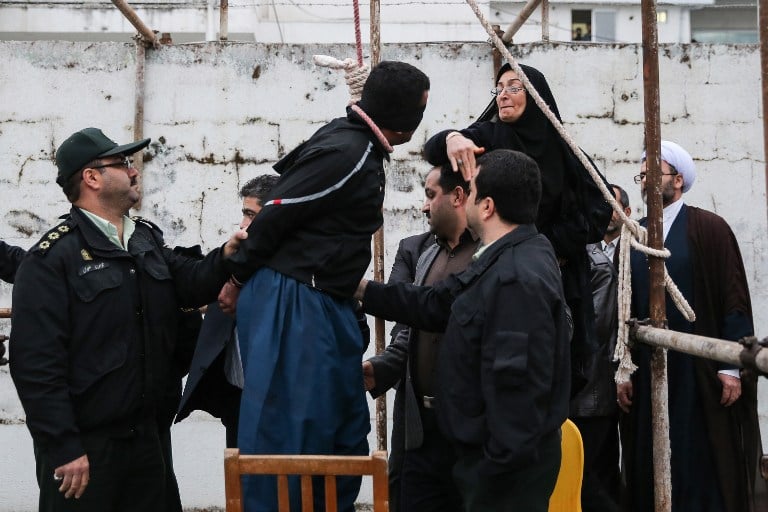TEHRAN, Aug 6 — In a story that continues to highlight the deepening hostilities between Iran and Israel, Iranian authorities have carried out the execution of Roozbeh Vadi, a man convicted of espionage for allegedly leaking sensitive information to Israel’s Mossad intelligence agency.
According to Iran’s judiciary via Mizan Online, Vadi was accused of passing along classified data concerning an Iranian nuclear scientist who was killed during the 12-day conflict with Israel in June. The scientist was among several high-profile figures reportedly targeted and killed in the conflict, which saw a rare and intense exchange of missile and drone strikes between the two nations.
Vadi was hanged after the Supreme Court confirmed his sentence. While the exact date of his arrest and trial remains unclear, the case has been portrayed as part of Iran’s broader crackdown on alleged collaborators following the June war.
This recent conflict — one of the most severe in recent memory — saw Israel unleash a powerful bombing campaign against Iran, targeting both military infrastructure and urban centers. In response, Iran launched retaliatory strikes, escalating tensions to dangerous levels. Local sources report that at least a dozen nuclear scientists were killed during the Israeli strikes.
Vadi’s case is one of several announced in the aftermath of the conflict, as Iranian authorities vowed to act swiftly against anyone suspected of working with Mossad. Multiple arrests have followed, with more trials and executions reported in recent weeks.
This execution underscores not just the peril of espionage in wartime, but also the broader human cost of conflict — where the lines between national security, justice, and human life become painfully blurred.
As the world watches these events unfold, human rights groups, including Amnesty International, continue to raise concerns about due process and the use of capital punishment in Iran — a country ranked second globally for executions, after China.








